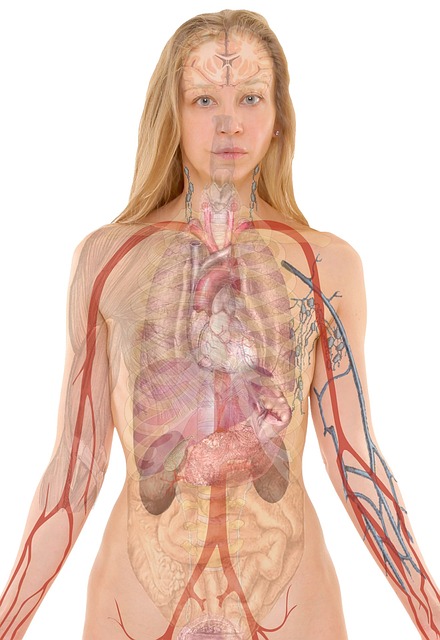Artificial Intelligence (AI) is revolutionizing elder care in Buffalo by detecting and preventing abuse, including sexual assault, through data analysis of patient records, surveillance footage, and staff reports. This technology flags potential issues missed by humans, enabling immediate action from care staff and elderly sexual assault lawyers Buffalo. Despite ethical considerations, AI integration enhances safety measures and protects vulnerable residents, with legal support from experts in elderly sexual assault cases highlighting its critical need.
In Buffalo, as across the nation, the detection and prevention of elder abuse within care facilities is a pressing concern. Artificial Intelligence (AI) offers promising tools to identify patterns indicative of maltreatment, yet its implementation in Buffalo care settings presents unique challenges and ethical dilemmas. This article explores AI’s role in uncovering hidden elder abuse, delves into obstacles and considerations specific to Buffalo, and highlights preventative measures empowering the safety and well-being of our elderly population, with a focus on the critical support provided by legal experts specializing in elderly sexual assault cases.
AI's Role in Detecting Elder Abuse Patterns

Artificial Intelligence (AI) has emerged as a powerful tool in detecting and preventing elder abuse within care facilities, including those in Buffalo. By analyzing vast amounts of data from various sources such as patient records, surveillance footage, and staff reports, AI algorithms can identify patterns indicative of abuse or neglect. These patterns might include sudden changes in behavior, unusual activity levels, or recurring incidents involving specific individuals or groups.
AI’s ability to process and interpret complex datasets enables it to flag potential issues that may be overlooked by human observers. For instance, machine learning models can recognize subtle physical signs of abuse or detect anomalies in daily routines, alerting care staff and legal professionals like elderly sexual assault lawyers Buffalo to take immediate action. This proactive approach ensures better protection for vulnerable elders and can serve as a valuable asset in holding facilities and staff accountable.
Challenges and Ethical Considerations in Buffalo Care Facilities

Buffalo care facilities face significant challenges in detecting elder abuse, a pressing issue that demands innovative solutions. The complex nature of identifying abuse within these settings presents ethical dilemmas and requires careful navigation. One primary concern is the balance between privacy and surveillance, especially with the implementation of AI technologies. Elderly residents’ autonomy and consent must be respected while also ensuring their safety from potential harm, including sexual assault, a critical issue that elderly sexual assault lawyers Buffalo often address.
Additionally, the interpretation of data collected by AI systems raises ethical questions. Accurately identifying abusive behaviors while avoiding false positives is crucial to prevent unnecessary interventions. Care facilities must ensure that any AI-driven decisions are transparent and accountable, especially when dealing with vulnerable populations. These considerations highlight the need for robust ethical frameworks to guide the responsible integration of AI in Buffalo care facilities, ultimately enhancing the detection and prevention of elder abuse.
Preventative Measures: Empowering Elderly Safety with Technology

In recent years, the integration of technology has become a game-changer in enhancing the safety and well-being of the elderly in care facilities. One significant area where this is evident is in the prevention and detection of elder abuse, including sensitive issues such as sexual assault. Elderly sexual assault lawyers Buffalo often highlight the critical need for proactive measures to protect vulnerable residents.
By leveraging AI, care homes can implement advanced surveillance systems and behavior analytics. These technologies can identify suspicious patterns and potential abuse through facial recognition, activity tracking, and anomaly detection. For instance, AI-powered cameras can alert staff about unusual behaviors or interactions, enabling them to intervene promptly. Additionally, natural language processing (NLP) algorithms can analyze resident communication, identifying potential distress signals that might otherwise go unnoticed. Such preventative measures not only empower the elderly but also equip care facilities with powerful tools to ensure their safety and maintain a dignified living environment.






